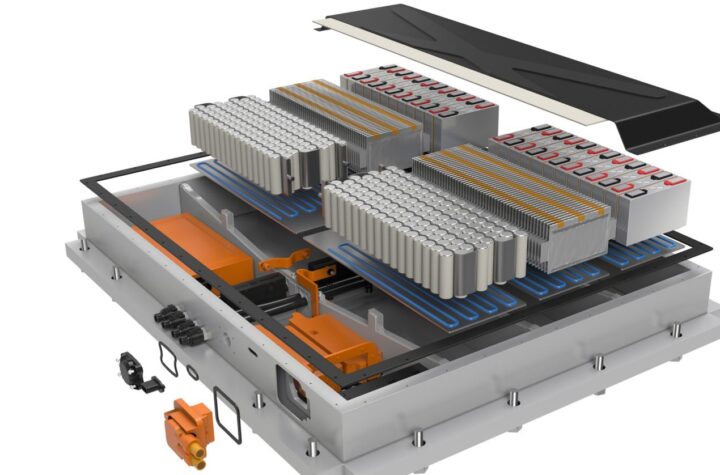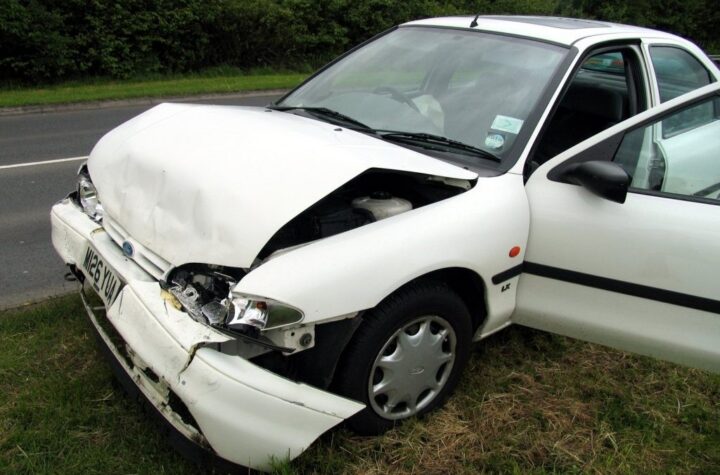
A Detroit auto maker source close to engine planning says the outlook for volume production of diesels for US cars and light trucks is not good due to numerous issues. His diesel problem list includes limited availability of diesel fuel at retail stations, escalating cost for diesel emissions controls, shortages and training of diesel technicians in the field , expensive new R&D faced by auto makers if diesels are adopted , vehicle integration work, new manufacturing tooling requirements on top of which he sees new gasoline engine technology emerging that may replace diesels at lower cost.. . His advice to this reporter is to “focus on the HEDGE system engineâ€.
The HEDGE system was discussed recently with. Charles Roberts, Manager of Advanced Combustion Emissions at Southwest Research Institute (SWRI), San Antonio, Texas, where the central R&D work is being carried out for a consortium of sponsors..
The most recent list of these (both vehicle & supplier firms) include Corning, Cummins, Hino(51% owned by Toyota), Deere, Peugeot/Citroen, Volkswagen, Volvo, Renault, Ford, Nissan, Valeo, Honeywell, Federal Mogul, Dynagen, IVECO and NGK
Roberts says that, “dyno testing of a 4.5L 4-cylinder HEDGE system engine has demonstrated diesel competitive fuel efficiency at 18 bar BMEP(brake mean effective pressure) at remarkably high 17:1 compression ratio yet operating on pump grade gasoline.†He says that, “good engine stability including transient operation over typical test cycles such as the US Federal Test Procedure has been achievedâ€
Roberts says “ fuel consumption less than 210 grams/kWh has also been achieved along with brake thermal efficiency of over 40% which puts the HEDGE system on a par with diesels for cars and light trucksâ€.. Among the target markets are vehicles in the 4.5L class for which chassis dyno testing will be under way soon..
.
Roberts says another chassis dyno test is to begin this year with a 3000 lb passenger vehicle (104 inch wheelbase) powered by a developmental 2.4L HEDGE engine downsized to about 1.8L. This could put HEDGE dead center in a very large segment of the world automobile market
Roberts explains that, “HEDGE (high efficiency dilute gasoline engine) technology employs turbocharging of downsized engines with unusually high EGR(exhaust gas recirculation)rates for knock tolerance and reduction of pumping losses; a contributor to high fuel efficiency. State-of-the-art ignition provides very good EGR toleranceâ€(at its high EGR rates). He says, “This leads to engine out NOx 10-100 times lower than
diesels. Hydrocarbon and CO emissions are in the range of today’s gasoline engines and
since most of our work is with stoichiometric operation, traditional 3-way catalyst
emissions controls can be used.†Diesel type NOx and particulate controls are not needed.
In addition to the 4.5L and 2.4L 4-cylinder engines in development, further advanced ignition & control systems development and a single cylinder engine are planned.. Work on direct injection has also been initiated. Roberts explains that as our work progresses at SWRI, our consortium/sponsor memebers are incorporating our findings at SWRI into engines or components they are working on in parallel at their facilities aimed at their markets…. .
HEDGE economic advantages are found in its conventional low pressure port fuel injection vs. high pressure diesel type injection (although direct gasoline injection is also being explored) and in its conventional 3-way catalyst emissions controls rather than diesel particulate and NOx control. Additional cost savings may also be due to the less severe combustion characteristics diesels must be built to tolerate although this has yet to be explained.. Yet another cost saving mentioned by SWRI over a year ago is expected HEDGE use of less complex turbo charging systems vs. thosethat will be needed by diesels. Overall cost projections by SWRI over a year ago for HEDGE engines in the 6L range favored HEDGE by at least two thousand dollars at year 2010 and beyond.
The long held belief of many engine technologists that we would see the day when Diesel and Otto(gasoline) systems converge may indeed be near if not actually here aided by broad industry consortium sponsorship and technical collaboration. While this is an interesting academic subject, in the broader picture, there are major questions such as the degree to which European auto makers will begin to switch back from diesel to gasoline engines (reportedly already in the planning stage) and whether US auto makers will avoid any significant transition to diesels(already indicated by the absence of diesel tooling). Equally interesting will be how the oil companies will plan their diesel/gasoline fuel production and distribution.
About the author: Bob Brooks is a member of the Society of Automotive Engineers and a long time automotive technology journalist specializing in powertrains and fuels.












More Stories
DuPont materials science advances next generation of EV batteries at The Battery Show
How Modern Power Management Enhances Connected Fleet Tech
Automotive Industries interviews Bahar Sadeghi, Technical Director, Car Connectivity Consortium (CCC)